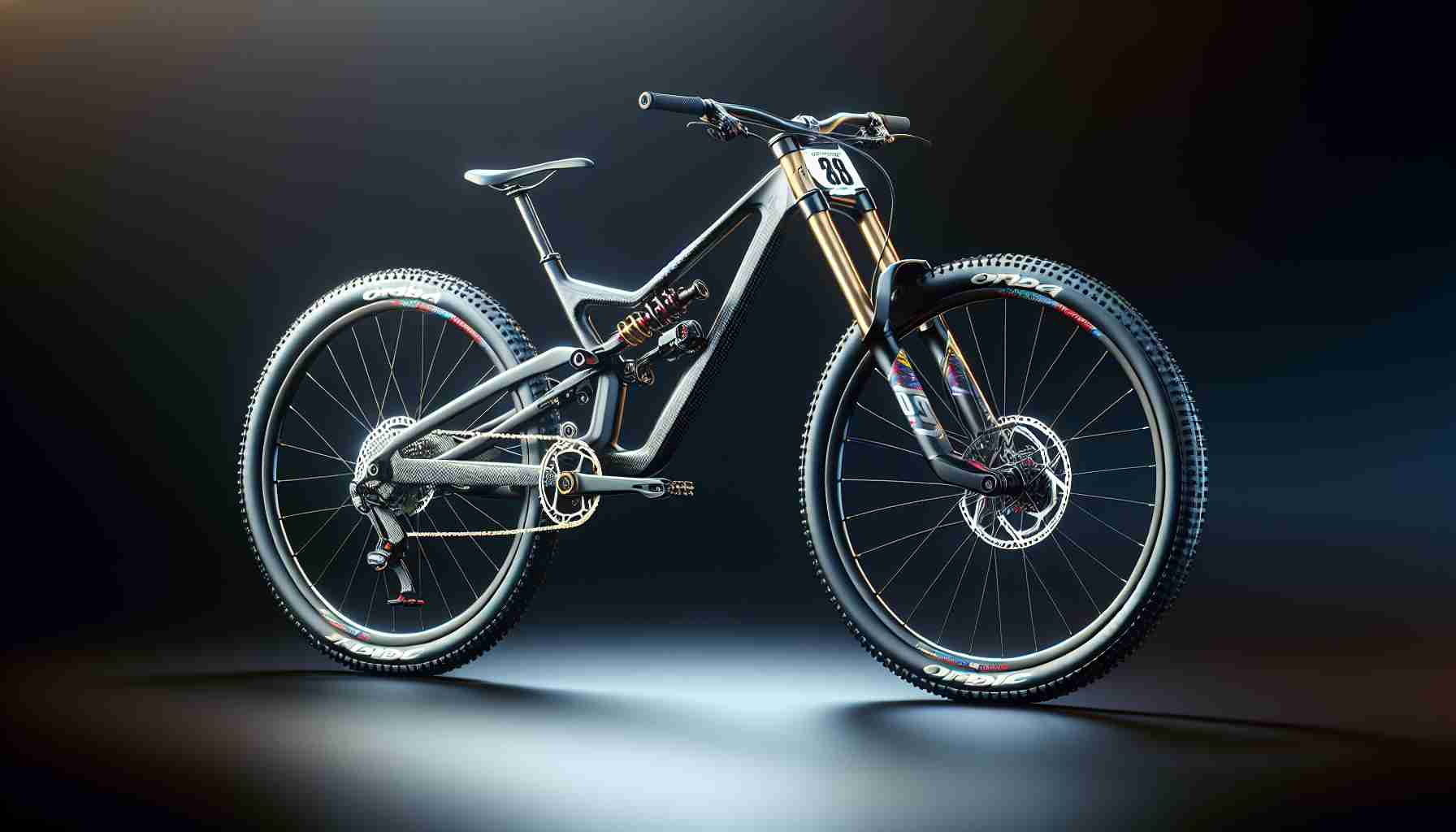The global e-bike market is poised for tremendous growth, with a projected increase of USD 16.48 billion from 2024-2028, according to Technavio. This market is estimated to grow at a compound annual growth rate (CAGR) of over 6.95% during the forecast period. The rise of e-bikes can be attributed to various factors such as the integration of connectivity features and government regulations promoting eco-friendly transportation options.
E-bikes have emerged as a sustainable solution for personal mobility, particularly in urban areas. With the integration of connectivity features, these electric two-wheelers offer real-time location tracking, data gathering, and data mining capabilities. Features like pedal assist and throttle control cater to diverse user needs, providing varying levels of assistance and control. E-bikes have become popular among young adults, males, and cyclist organizations, offering benefits such as reduced CO2 emissions, time savings, and improved air quality.
Despite the numerous advantages, the e-bike market faces challenges. Infrastructure limitations, such as the lack of bike lanes and charging stations, hinder the widespread adoption of e-bikes. However, governments and regulatory bodies worldwide are increasingly encouraging the use of e-bikes through regulations and infrastructure development initiatives.
The market landscape is fragmented, with key players including Accell Group NV, Giant Manufacturing Co. Ltd., and Yamaha Motor Co. Ltd. These companies are focused on improving build quality, performance, and innovation, while pricing incentives attract riders in congested areas. Battery technology also plays a crucial role in the e-bike market. While lead acid-equipped e-bikes dominate the market due to affordability and reliability, there is a growing shift towards more efficient and powerful lithium-ion batteries.
In conclusion, the e-bike revolution is redefining personal mobility. With advancements in technology, increasing government support, and a strong focus on sustainability, e-bikes are set to become a crucial part of the Mobility-as-a-Service ecosystem. As the market continues to grow, manufacturers are innovating to meet the evolving needs of consumers, offering a sustainable and cost-effective mode of transportation in the face of environmental concerns and changing market dynamics.
The global e-bike industry is experiencing significant growth and is projected to reach a value of USD 16.48 billion from 2024 to 2028, with a compound annual growth rate (CAGR) of over 6.95%. This growth can be attributed to several factors, including the integration of connectivity features and government regulations promoting eco-friendly transportation options.
E-bikes have emerged as a sustainable solution for personal mobility, particularly in urban areas. These electric two-wheelers offer features such as real-time location tracking, data gathering, and data mining capabilities through their integration of connectivity features. Additionally, e-bikes provide pedal assist and throttle control, catering to diverse user needs by offering varying levels of assistance and control.
The market for e-bikes is expanding due to their popularity among young adults, males, and cyclist organizations. These bikes offer benefits such as reduced CO2 emissions, time savings, and improved air quality. However, the widespread adoption of e-bikes faces challenges related to infrastructure limitations, including the lack of bike lanes and charging stations. Despite this, governments and regulatory bodies are increasingly encouraging the use of e-bikes through regulations and infrastructure development initiatives.
The market landscape for e-bikes is fragmented, with key players such as Accell Group NV, Giant Manufacturing Co. Ltd., and Yamaha Motor Co. Ltd. These companies focus on improving build quality, performance, and innovation, while pricing incentives attract riders in congested areas. Battery technology also plays a crucial role in the e-bike market, with a growing shift towards more efficient and powerful lithium-ion batteries, although lead acid-equipped e-bikes still dominate the market due to their affordability and reliability.
In conclusion, the e-bike market is witnessing exponential growth and is set to become a crucial part of the Mobility-as-a-Service ecosystem. With advancements in technology, increasing government support, and a strong focus on sustainability, e-bikes provide a sustainable and cost-effective mode of transportation that addresses environmental concerns and changing market dynamics. To learn more about the e-bike industry and market forecasts, you can visit Technavio’s E-Bike Market Size report.
















